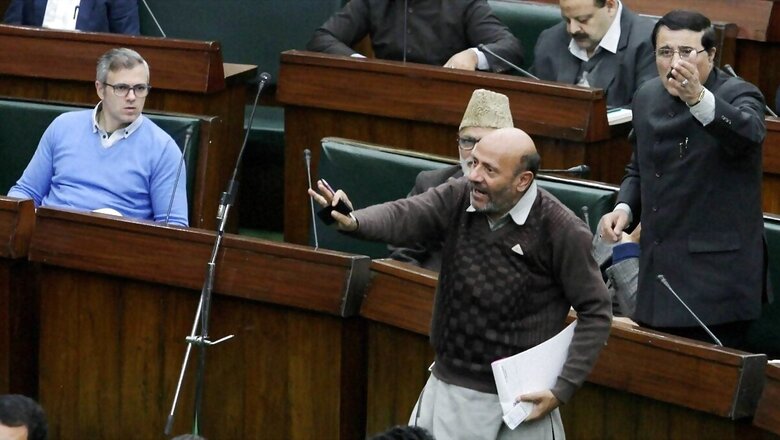
views
The recent Lok Sabha elections in Jammu and Kashmir have been hailed as a significant milestone in the region’s democratic journey, symbolising a tentative step towards political normalcy in a landscape long scarred by conflict and instability. However, the optimism surrounding these elections needs to be tempered with caution because of the nuanced complexities and underlying challenges that continue to shape the democratic narrative in the region.
A Tentative Triumph
The conduct of the recent Lok Sabha elections in J&K marked a departure from the tumultuous electoral history of the region. Despite the inherent challenges and heightened security concerns, the elections were hailed as relatively transparent and inclusive, with a notable increase in voter turnout compared to previous years. This surge in participation signalled a nascent embrace of democratic principles and a growing desire among the populace to engage in the political process.
The Enigma of Engineer Rashid
Central to the discourse surrounding the recent elections is the unexpected electoral victory of Engineer Rashid in the Baramulla constituency. Rashid, a controversial figure known for his vocal dissent against the Central government’s policies in Kashmir, emerged triumphant despite facing charges of terror financing and being incarcerated at the time of the elections. His victory, often interpreted as a mandate driven by sympathy and discontent, underscores the fragile nature of democratic progress in the region.
Sympathy vs. Substance
Rashid’s electoral success raises pertinent questions about the true nature of democratic participation in Jammu and Kashmir. While his victory may be seen as a triumph of popular sentiment and a rejection of perceived injustices, it also highlights the inherent risks of conflating sympathy with substantive political change. The electoral support garnered by Rashid, particularly from segments disillusioned with the status quo, must be interpreted with caution, recognising the underlying complexities and grievances that underpin it.
Dissecting Electoral Dynamics
A closer examination of the electoral dynamics reveals a nuanced tapestry of motivations and aspirations driving voter behaviour in J&K. Rashid’s overwhelming support in various constituencies, particularly in areas historically boycotting the election process, underscores the deep-seated discontent and desire for change prevalent among the populace. However, it also raises concerns about the potential exploitation of such sentiments for pernicious political gains by political parties fueling negative narratives.
Political Implications and Regional Perceptions
Beyond electoral numbers, the outcome in Baramulla and its surrounding regions has sparked broader discussions among political analysts and separatist groups alike. For separatist factions, the elections represent a strategic battleground where the rhetoric of democracy versus dissent plays out. Some view participation in elections as a tactical manoeuvre to leverage democratic institutions against Indian governance, potentially influencing policies and international perceptions.
Perceptions of the Lieutenant Governor
Meanwhile, opinions regarding the administration of Lieutenant Governor Manoj Sinha remain divided among Kashmiris. While some commend his efforts towards development and community engagement, others criticise perceived shortcomings in political reforms and security measures. This divergence of views underscores the complex relationship between local governance and broader political aspirations within the region. Some analysts conclude that this is a clear win for democracy, while others view this as a wake-up call to keep a close eye on the weaponising of democracy.
Strengthening Democratic Impulses or Signs of Trouble?
The recent election results in Baramulla and across Jammu and Kashmir have prompted reflection on the state of democratic ideals in the region. While increased voter turnout suggests a growing engagement with democratic processes, the diverse electoral outcomes also reflect underlying discontent and unresolved political tensions. The victory of the National Conference in other constituencies alongside Rashid’s win in Baramulla illustrates the multifaceted nature of political allegiances and aspirations within the region.
The Dangers of Complacency
Amidst the fragile euphoria surrounding the recent electoral process, it is essential to guard against complacency and premature celebration. While the increased voter turnout and relatively peaceful conduct of elections are undoubtedly positive developments, they do not signify a panacea for the deep-rooted democracy, security and economic challenges facing Jammu and Kashmir. The risk of reverting to old patterns of violence and instability looms large, necessitating a cautious and pragmatic approach to democratic consolidation.
Balancing Security, Democracy and Development
The successful completion of the Lok Sabha elections may be a milestone, but groups such as the Hurriyat Conference and Jamaat-e-Islami continue to circuit-break the gains of the last decade and resist efforts towards peace. Although the recent elections in the region offer a pathway forward towards development, the potential for a coalition of subversive political elements to undermine the political process should raise alarm bells. It also underlines the need to balance stringent security actions with respect for human rights and promote inclusive political dialogue.
Conclusion: A Call for Vigilance
The recent Lok Sabha elections in Jammu and Kashmir represent a tentative triumph for democratic aspirations in the region. However, they also serve as a stark reminder of the fragility and complexity of the democratic journey and might have strategic implications, if ignored. The victory of Engineer Rashid, amidst allegations of terror financing and incarceration, underscores the need for caution and vigilance in navigating the delicate terrain of newfound democracy. As J&K embarks on this path of democratic renewal, it is imperative to heed the lessons of history, monitor cyberspace carefully, evaluate security developments properly and act swiftly.
For New Delhi, another pivotal decision looms large. It will get caught between a rock and a hard place if any ill-advised choices are made.
Views expressed in the above piece are personal and solely that of the author. They do not necessarily reflect News18’s views.










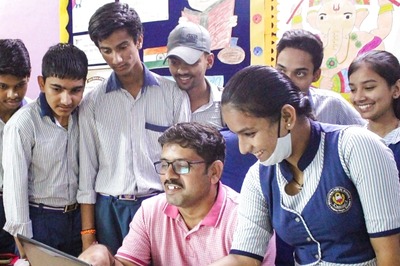


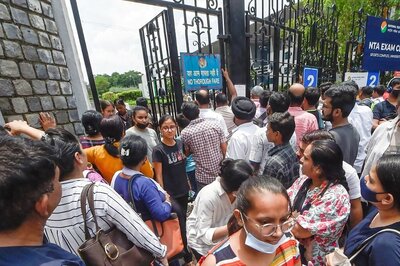



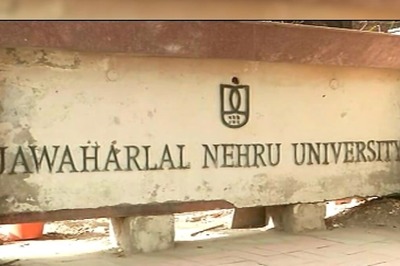

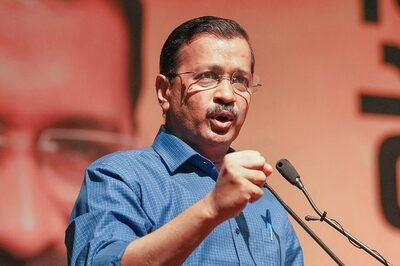
Comments
0 comment